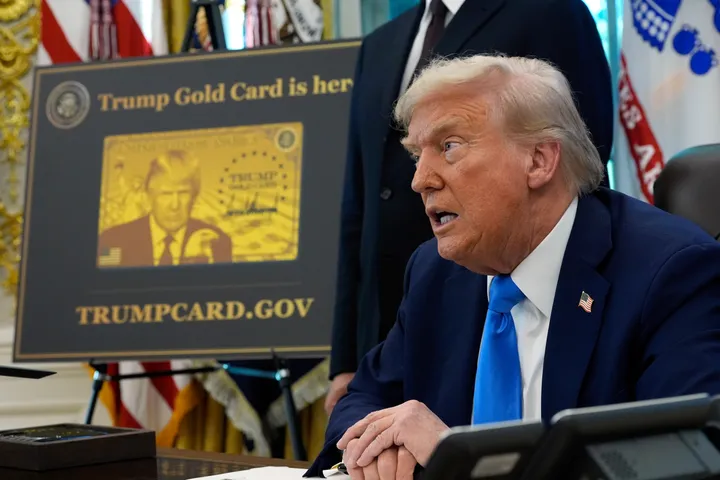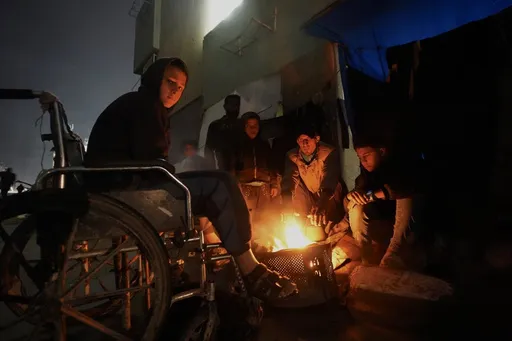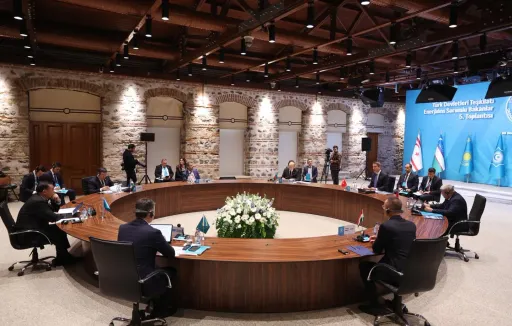By Samuel Ramani
On June 23, Wagner Group chief Yevgeny Prigozhin instigated an armed rebellion against Russia’s military leadership and by extension, President Vladimir Putin.
Within hours, Wagner Group forces occupied the Southern Military District headquarters in Rostov-on-Don, swept through Voronezh and marched within 200km of Moscow.
In an equally dramatic fashion, Prigozhin’s mutiny unraveled on the evening of June 24. Belarusian President Alexander Lukashenko brokered a deal between Putin and Prigozhin, which saw Wagner Group forces abandon their positions and Prigozhin secure asylum in Belarus.
The exact goals of Prigozhin’s insurrection remain unclear. As Wagner forces marched on Moscow, Prigozhin declared “This is not a military coup. It is a march for justice. Our actions do not in any way interfere with the troops.”
He also claimed that the rebellion was a direct response to the Russian Defence Ministry’s strike on Wagner PMCs and the concealment of 2,000 bodies of Wagner fighters in southern Russia.
A deeper analysis suggests that Prigozhin was spurred to action by his desire to prevent the Wagner Group’s integration with the Russian Armed Forces and his ambition to overthrow Russia’s military leadership.
Although the Wagner Group masterminded Russia’s victories in Soledar and Bakhmut, which were its most significant territorial gains since occupying Luhansk in July 2022, its existence as an autonomous entity was called into question before Prigozhin’s rebellion.
Wagner autonomy
The Russian Defence Ministry replaced the Wagner Group as the principal recruiter of prisoners to Russia’s armed forces and drafted an estimated 10,000 convicts in April 2023 alone.
The Russian Defence Ministry also demanded that Wagner Group forces sign contracts with it by July 1. Prigozhin initially rejected this request, but Putin insisted on June 14 that Wagner must sign a contract with the Defence Ministry as “quickly as possible.”
Putin’s alignment with the Russian military top brass likely motivated the rebellion, as Prigozhin believed that his influence and security required Wagner Group autonomy.
Prigozhin’s long-standing frictions with Russian Defence Minister Sergei Shoigu and Chief of the General Staff of the Russian Armed Forces Valery Gerasimov also inspired his rebellion.
In early 2016, the Russian Defence Ministry scaled back patronage of the Wagner Group in Syria, as tensions privately flared between Prigozhin and Shoigu.
Alliance history
Prigozhin retaliated by striking unilateral deals with Syria’s Bashar al-Assad, which included a pledge to liberate Syria’s oil and gas fields in exchange for 25% of their production revenues.
For years, the Wagner Group withstood tensions with the Defense Ministry due to Prigozhin’s personal relationship with Putin and its ties to the Main Intelligence Directorate (GRU).
Prigozhin likely forged a friendship with Putin during the late 1990s in St. Petersburg, as Putin frequented the New Island restaurant that was owned by his company Concord Catering.
That alliance blossomed over the next two decades, and by 2022, Putin claims that Prigozhin’s catering companies and the Wagner Group netted $2 billion in revenues.
The GRU was the driving force behind the Wagner Group's creation in 2014, as it was a long-term proponent of private military companies.
The Wagner Group’s first leader Dmitry Utkin was a former GRU Spetsnaz officer and its main base in Molkino is jointly operated by the 10th Special Purpose Brigade of the GRU.
Military leadership
The Wagner Group’s military operations in Donbas, Syria, Libya, Mali, and the Central African Republic ensconced it as a valuable tool of Russia’s global power projection, which could combine counterinsurgency campaigns with information warfare.
Nevertheless, Prigozhin’s tensions with the Russian military leadership spiraled out of control after the start of Russia’s “special military operation” in Ukraine in February 2022.
Through regular cries of “shell hunger,” Prigozhin chastised Shoigu and Gerasimov for providing the Wagner Group with insufficient munitions in Bakhmut, and threatened Shoigu’s son-in-law Alexey Stolyarov with a sledgehammer for allegedly liking anti-war social media posts.
Putin’s appointment of Gerasimov as commander of the Armed Forces in Ukraine in January 2023, which saw Prigozhin’s preferred General Sergei Surovikin be demoted, and Putin’s refusal to accommodate Prigozhin’s concerns caused Wagner to forcefully pursue a change in Russia’s military leadership.
As the dust settles on the Wagner Group’s rebellion, it appears as if Prigozhin did not achieve his main goals. In his June 25 address, Putin gave Wagner Group fighters the choice of signing contracts within the Russian Defense Ministry, quitting military service or travelling to Belarus.
The repercussions
Lukashenko claims that his intervention was the only thing that stopped Putin from destroying the Wagner Group. Shoigu’s business-as-usual appearance alongside Russian troops in Ukraine suggests that the insurrection has not led to any sweeping military leadership changes.
In the short term, the Wagner Group rebellion is unlikely to have drastic implications for Russia’s military operations in Ukraine or influence in Africa.
Ukraine’s counter-offensive operations in Zaporizhzhia and South Donetsk are unlikely to face weakened Russian defences after this insurrection, as Wagner Group fighters are mostly geared for offensive operations.
On June 26, Russian Foreign Minister Sergei Lavrov confirmed that the Wagner Group could continue working as “instructors” in the Central African Republic and Mali.
Nevertheless, if the Wagner Group continues handing over heavy weaponry to the Russian Defence Ministry and suffers financially from the loss of Kremlin patronage, newly minted private security companies like Gazprom PMC could take their place in global theatres.
If this transition occurs, the repercussions of Prigozhin’s ‘’failed coup attempt’’ could loom large over Russian politics for a long time to come.
The author, Samuel Ramani, is an International Relations expert and author of “Russia in Africa” & “Putin’s War on Ukraine”.
Disclaimer: The viewpoints expressed by the author do not necessarily reflect the opinions, viewpoints and editorial policies of TRT Afrika.
























